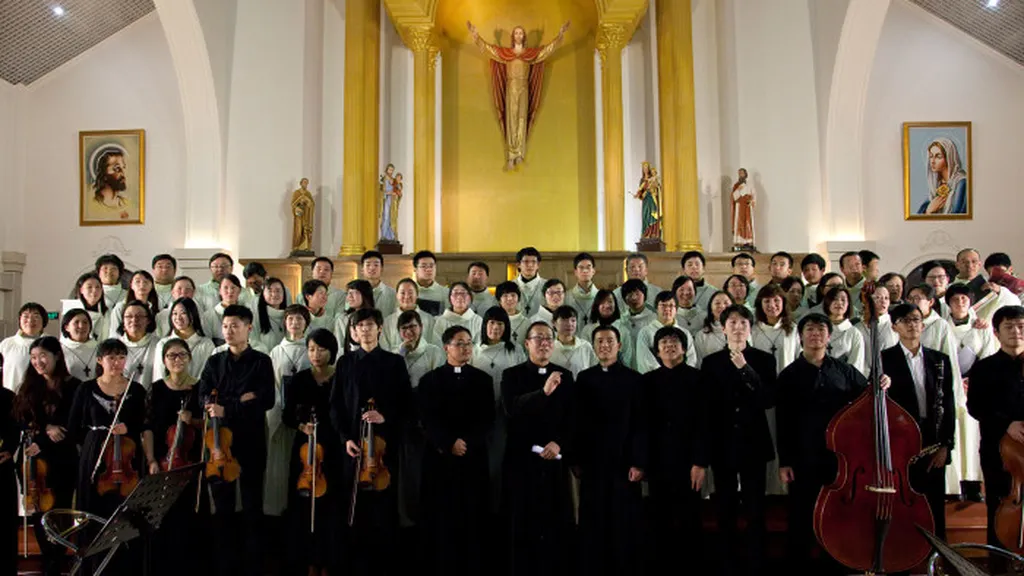In the rugged, verdant landscapes of southwestern China’s mountainous regions, a quiet revolution is taking root, one that could reshape the future of modern agriculture. At the heart of this transformation is the concept of order-based agriculture, a model that aligns seamlessly with the demands of high-quality agricultural development in the new era. A recent study, published in the journal *Agricultural Economics (Zemědělská ekonomika)*, sheds light on the pivotal role of social capital in driving family farms to participate in this burgeoning sector.
Led by Liu Xiaoliang from the School of Economics and Management at Chongqing Three Gorges Vocational College, the research delves into the intricate web of social networks, trust, and norms that underpin the engagement of family farms in order-based agriculture. Drawing from a comprehensive survey of 557 farms, the study employs sophisticated logit and Karlson-Holm-Breen (KHB) mediation effect models to unravel the complexities of this relationship.
The findings are compelling. Social capital, encompassing the strength of social networks, the level of trust, and the prevalence of established norms, emerges as a significant catalyst for participation. “Stronger social networks, heightened trust, and well-established norms are all associated with increased engagement in order-based agriculture,” Liu explains. This underscores the importance of fostering a robust social fabric within farming communities to encourage broader participation.
One of the most intriguing aspects of the study is the role of information accessibility as a mediator. While it plays a crucial part in the relationship between social capital and participation, the direct effect of social capital remains predominant. This suggests that while access to information is vital, it is the underlying social structures that truly drive engagement.
The implications of this research are far-reaching. For policymakers and agricultural stakeholders, the findings highlight the need to enhance both social capital and information accessibility to promote greater involvement among family farms. Moreover, the study suggests that targeting younger and middle-aged farmers engaged in single-product production could be key to fostering sustainable development.
As the agricultural sector continues to evolve, the insights gleaned from this research could shape future developments, particularly in regions where family farms are the backbone of the economy. By understanding and leveraging the power of social capital, stakeholders can pave the way for a more inclusive and sustainable agricultural future.
In the words of Liu Xiaoliang, “This research not only provides a deeper understanding of the dynamics at play but also offers practical insights for promoting sustainable agricultural practices.” As we look to the future, the lessons from southwestern China’s mountainous regions could very well echo across the globe, inspiring a new era of agricultural innovation and growth.

